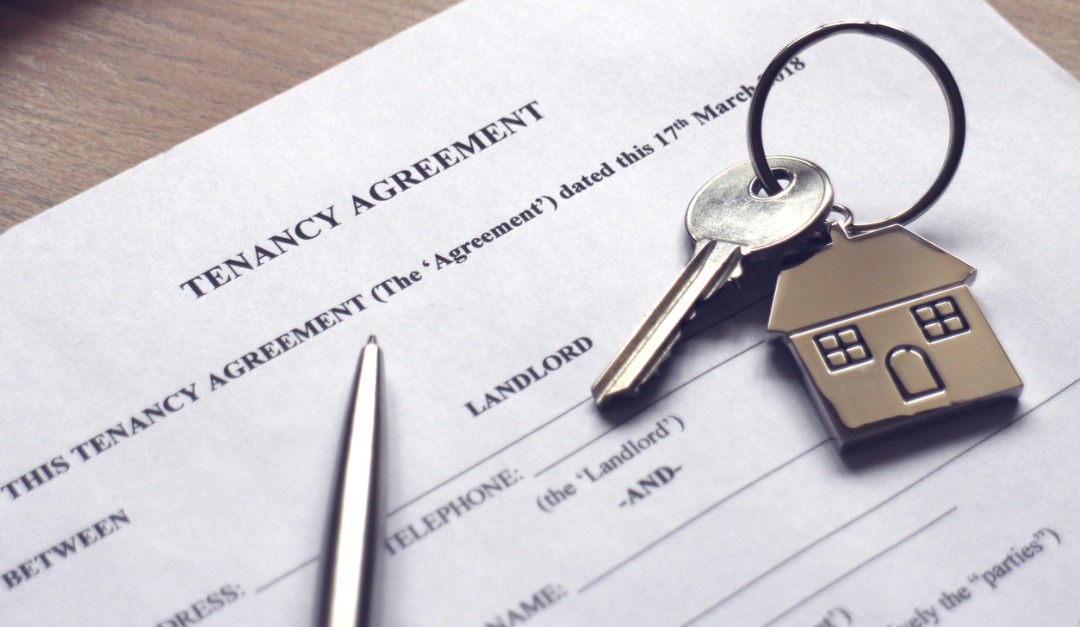Whether you’re renting a place for the first time, moving into a new unit, or have been a long-time tenant, you’ll always want to be on good terms with your landlord. Your relationship with them can affect your prospects for future rental properties as well as your experience while you’re living on their property. To ensure that your time as a tenant is as drama-free as possible, here’s what you should know.
Late Rent
Landlords often get frustrated when tenants don’t pay their rent on time, so do your best to pay on the terms of the lease. If you happen to be going through a period of financial difficulty, talk to your landlord about this, and see if they can work out a payment plan that works for you and your wallet. In these situations, communication is key—a landlord is more likely to be willing to work with you if you reach out when you realize you’re having problems.
Repairs
Sometimes your landlord may not be prompt in fixing problems that you bring to their attention. If your landlord hasn’t begun repairs soon after hearing about the issue, write a formal letter or fill out a repair form if they are provided. It is important to follow the right steps to get the work completed. If you’re unsure of the best course of action, call the local landlord-tenant board and ask for the next best course of action you should consider.
Communication
When you talk to your landlord about any issues you’ve been having, make sure to be clear about your expectations. If you’ve experienced damage to your personal property caused by a leak, for example, ask if they can reimburse you for the cost of the damaged property. Make sure you understand your tenant’s rights, and that what you’re asking is covered within them. If you aren’t clear, it can lead to further misunderstandings and dissatisfaction. It goes the other way, too. If your landlord asks something of you, feel free to ask for clarification if you’re unsure of their expectations.
Tenant Problems
Your landlord may have an issue with you if you are disrespectful of the property or your neighbours. If you are consistently noisy late into the night, disturbing other tenants or violating the terms of the lease, your landlord may ask you to change your behaviour with either a verbal or written notice. To avoid this type of issue, respect the space, your neighbours and the lease.










